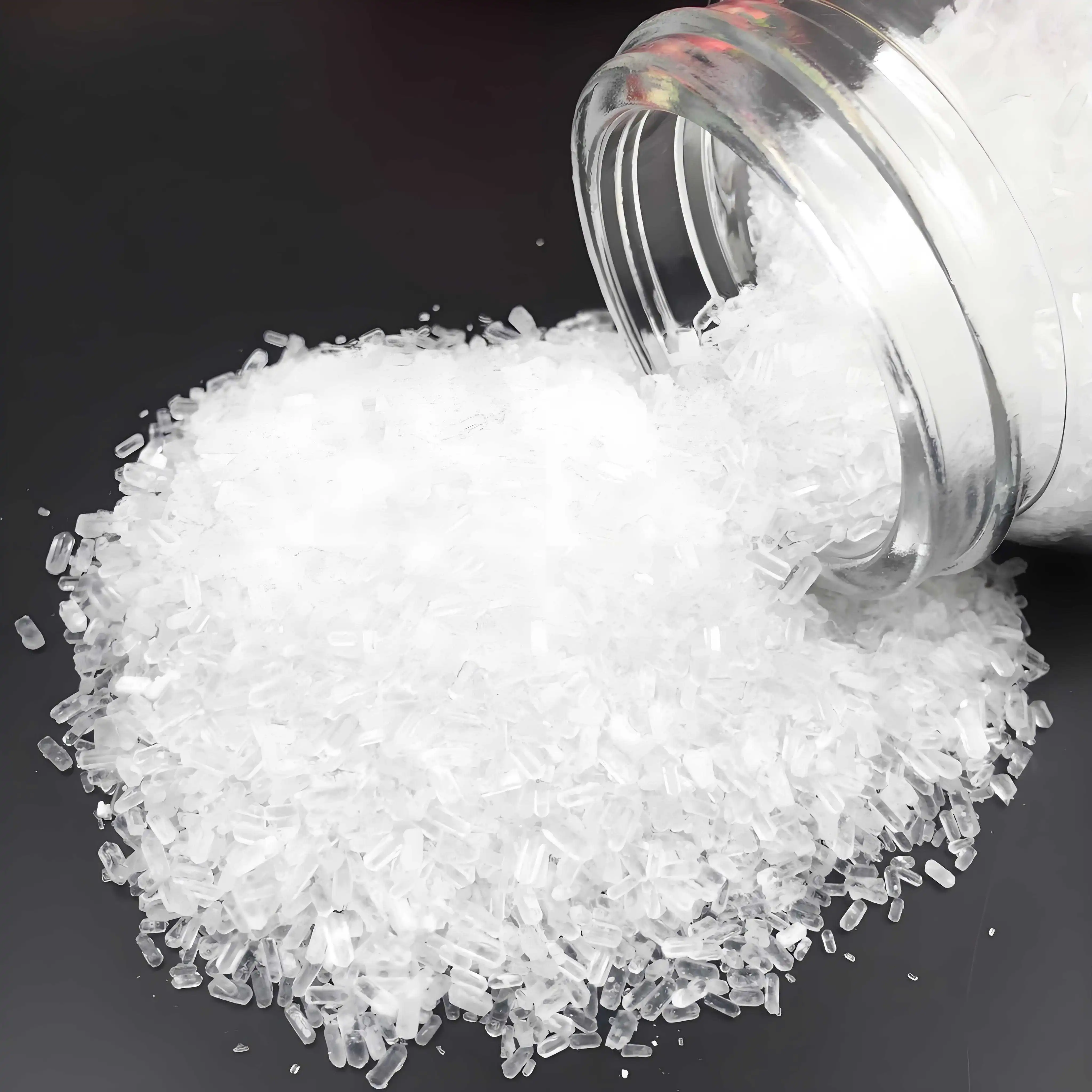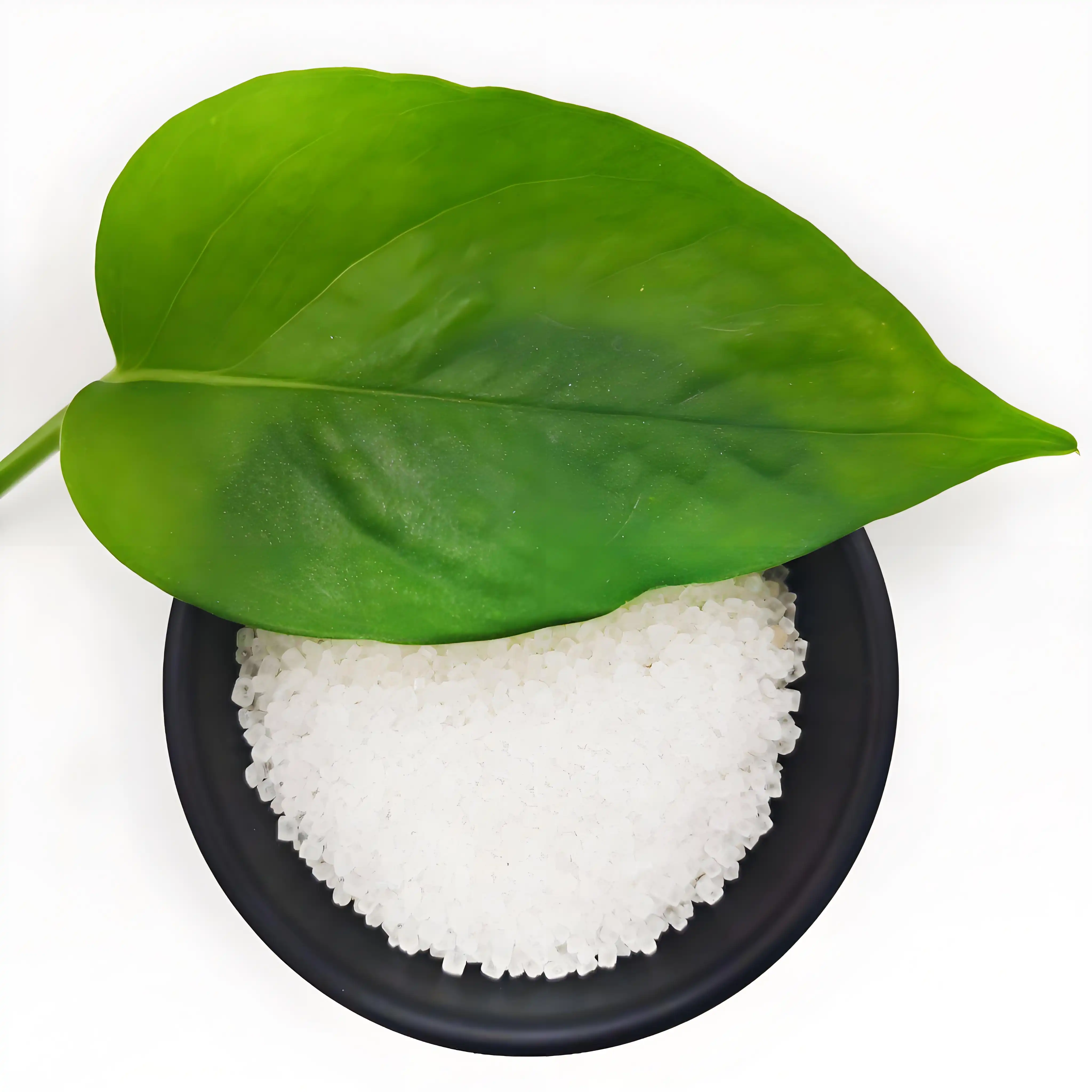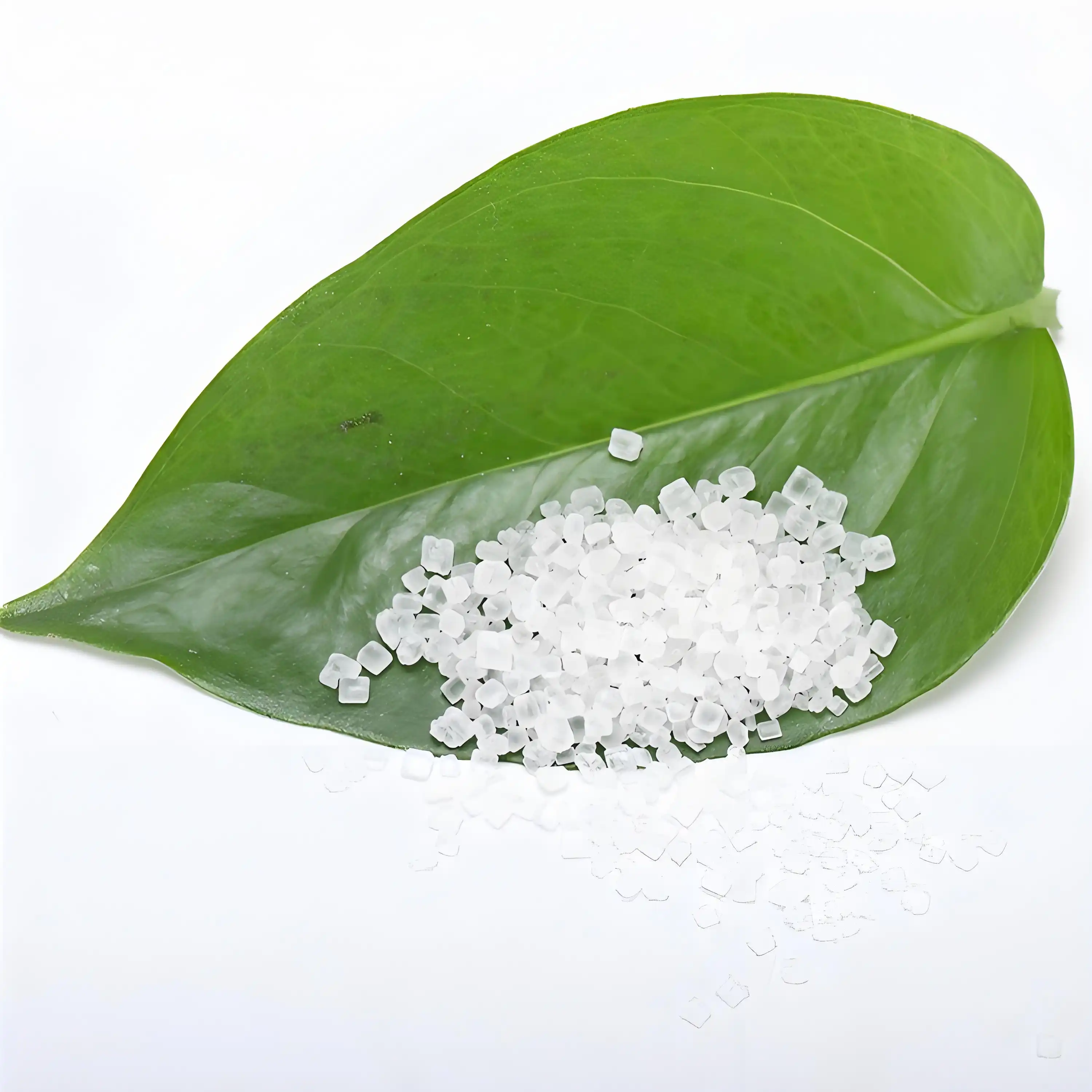What’s the NPK Ratio of Ammonium Sulfate Fertilizer?
When it comes to nurturing healthy crops and lush gardens, understanding fertilizers is crucial. Among the various options available, ammonium sulfate fertilizer stands out as a popular choice for many farmers and gardeners. But what exactly is its NPK ratio, and why does it matter? Let's dive into the world of plant nutrition and uncover the secrets behind this powerful fertilizer.
Understanding NPK: Beyond the Numbers
Before we delve into the specifics of ammonium sulfate, it's essential to grasp the concept of NPK ratios. NPK stands for Nitrogen (N), Phosphorus (P), and Potassium (K) - the three primary macronutrients that plants need in large quantities to thrive. These elements play pivotal roles in plant growth and development:
- Nitrogen (N): Promotes leaf growth and chlorophyll production
- Phosphorus (P): Supports root development and energy transfer
- Potassium (K): Enhances overall plant health and disease resistance
The NPK ratio on a fertilizer bag represents the percentage by weight of each of these three essential nutrients: nitrogen (N), phosphorus (P), and potassium (K). This ratio provides a clear indication of the nutrient composition in the product, helping farmers and gardeners choose the right type of fertilizer for their specific crop or soil requirements. For instance, a fertilizer labeled 10-10-10 means that it contains 10% nitrogen, 10% phosphorus, and 10% potassium by weight. Such a balanced formulation is often used as an all-purpose fertilizer, suitable for promoting healthy plant growth, improving root development, and enhancing overall crop yield in diverse agricultural applications.
Now, let's address the burning question: What's the NPK ratio of ammonium sulfate fertilizer?
Ammonium Sulfate Fertilizer typically has an NPK ratio of 21-0-0. This means it contains:
- 21% Nitrogen (N)
- 0% Phosphorus (P)
- 0% Potassium (K)
However, it is important to note that ammonium sulfate also contains approximately 24% sulfur, a vital plant nutrient that is not reflected in the NPK ratio but still significantly contributes to crop nutrition. This sulfur content makes the fertilizer particularly beneficial for crops that require higher levels of sulfur, such as canola, onions, and legumes.
The high nitrogen concentration in ammonium sulfate provides an immediate boost to plant growth, encouraging lush, leafy development and enhancing overall plant vigor. At the same time, the sulfur component is essential for chlorophyll production, enzyme activation, and protein synthesis, all of which are fundamental processes that support strong growth, improved yields, and better crop quality.
Balancing Nutrients: When to Use Ammonium Sulfate?
Understanding when and how to use ammonium sulfate fertilizer can significantly impact your crop yields and garden success. Here are some scenarios where this fertilizer shines:
- Nitrogen-Hungry Crops: Crops like corn, wheat, and leafy greens that require high amounts of nitrogen can benefit greatly from ammonium sulfate applications.
- Sulfur-Deficient Soils: In areas where soil sulfur levels are low, ammonium sulfate can provide a much-needed boost to this essential nutrient.
- Acidic Soil Lovers: Plants that thrive in slightly acidic soils, such as blueberries and rhododendrons, appreciate the pH-lowering effect of ammonium sulfate.
- Early Season Growth: The quick-release nature of ammonium sulfate makes it ideal for promoting rapid growth in the early stages of plant development.
While ammonium sulfate excels in these situations, it's crucial to remember that balanced nutrition is key to plant health. Overuse of any single nutrient can lead to imbalances and potentially harm your plants. Always conduct soil tests and consider your specific crop needs before applying fertilizers.
Customizing Fertilizer Blends with Ammonium Sulfate
One of the advantages of understanding the NPK ratio of ammonium sulfate is the ability to create custom fertilizer blends tailored to your specific needs. By combining ammonium sulfate with other fertilizers, you can achieve a balanced nutrient profile that addresses multiple plant requirements.
Here are some ways to incorporate ammonium sulfate into your fertilizer strategy:
- Nitrogen Boost: Mix ammonium sulfate with a balanced NPK fertilizer to increase the nitrogen content for nitrogen-hungry crops.
- Sulfur Supplement: Combine Ammonium Sulfate Fertilizer with other NPK fertilizers to add sulfur to your nutrient regimen.
- pH Adjustment: Use ammonium sulfate in conjunction with lime or other pH-raising amendments to fine-tune soil acidity.
- Micronutrient Enhancement: Pair ammonium sulfate with micronutrient fertilizers to create a comprehensive nutrition plan for your plants.
Remember, when creating custom fertilizer blends, it is crucial to carefully calculate the final nutrient ratios with precision. Doing so ensures that your plants receive the correct balance of essential nutrients required for healthy growth and productivity. Accurate formulation helps prevent nutrient deficiencies while also avoiding the risks associated with over-fertilization, such as soil nutrient imbalances, reduced crop performance, or potential environmental harm. Properly balanced blends promote sustainable and efficient agricultural practices.
Conclusion
The NPK ratio of ammonium sulfate fertilizer (21-0-0) makes it a powerful tool in the gardener's and farmer's arsenal. Its high nitrogen content, coupled with valuable sulfur, can significantly boost plant growth and health when used appropriately. By understanding its composition and applications, you can make informed decisions about how to incorporate this fertilizer into your plant nutrition strategy.
Are you looking to optimize your crop nutrition and boost yields? Xi'an Putai Environmental Protection Co., Ltd. has been at the forefront of agricultural innovation for over three decades. As a leading producer and supplier of high-quality fertilizers and water treatment chemicals, we're committed to helping farmers and gardeners achieve their goals sustainably. Whether you're managing a large-scale agricultural operation or tending to a backyard garden, our team of experts can help you develop a customized fertilizer plan that maximizes your results. Don't let nutrient deficiencies hold your plants back. Reach out to us today at sales@ywputai.com to discover how our premium ammonium sulfate fertilizer and other innovative products can transform your growing success.
References
1. Johnson, A. H., & Smith, P. L. (2019). "The Role of Ammonium Sulfate in Modern Agriculture." Journal of Plant Nutrition, 42(3), 267-285.
2. Garcia, M. E., & Thompson, R. B. (2020). "Optimizing Nitrogen Use Efficiency with Ammonium Sulfate Fertilizers." Soil Science Society of America Journal, 84(2), 512-526.
3. Patel, S., & Kumar, A. (2018). "Effects of Ammonium Sulfate on Soil pH and Nutrient Availability." Applied Soil Ecology, 131, 77-84.
4. Wilson, L. T., & Brown, J. R. (2021). "Customizing Fertilizer Blends for Improved Crop Performance: A Review." Agronomy Journal, 113(4), 3215-3230.




